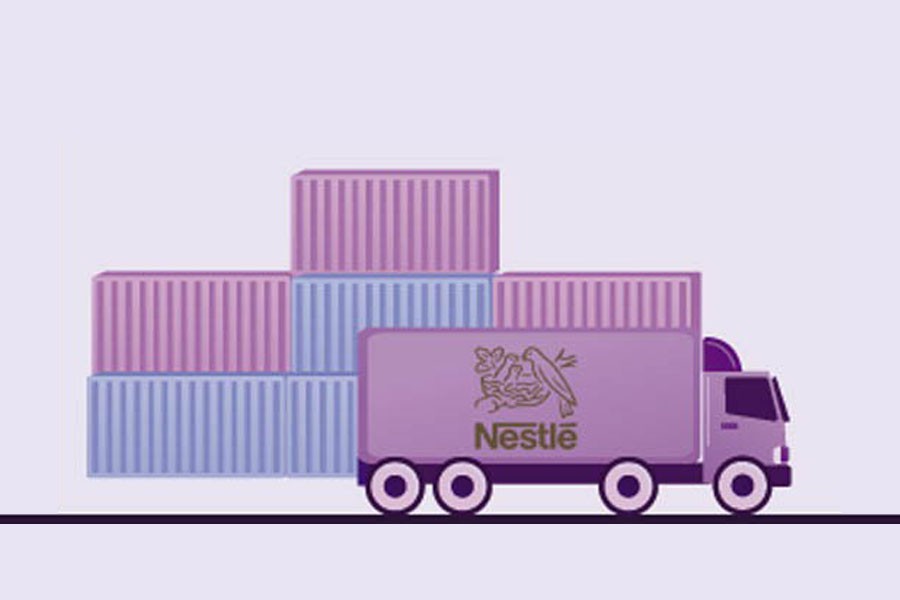Bangladesh will not allow concessionary duty benefit under the South Asian Free Trade Area (SAFTA) treaty in case of documentation completed in a non-member SAARC country.
Officials said the restriction would be applicable to all of the South Asian Association of Regional Cooperation (SAARC) countries -- Bangladesh, Bhutan, India, Pakistan, the Maldives, Nepal, Sri Lanka and Afghanistan.
However, Third Country Invoicing (TCI) is a well-accepted model under the World Customs Organisation (WCO) for its member- countries.
WCO has clear guidelines for TCI model under which importers can avail the concessionary duty benefit.
However, customs wing under the National Board of Revenue (NBR) and the Ministry of Commerce (MoC) find it difficult to allow TCI benefit for not having relevant provision in the Rules of Origin (RoO).
The SAFTA Agreement also has a common RoO for determining the eligibility for tariff benefits available under the trade accord.
Addressing the issue, the customs wing of the NBR instructed its all customs houses across the country not to allow TCI for deriving SAFTA benefit.
The direction has been sent, referring to a letter of the MoC, to Nestle Bangladesh declining their claim for allowing TCI for concessionary duty benefit.
Under the decree, dated August 19, 2021, the concessionary duty benefit would not be valid in that case even though country of origin of the products is a SAARC country.
The customs would not allow the benefit on the basis of Certificate of Origin of the products from now on if invoice, packing list or other documents generate from a third country, the customs instructed to the field offices.
The SAFTA was signed in 2004 and came into force on 01 January 2006.
This issue came into focus after Multinational Company (MNC) Nestle Bangladesh had applied for the benefit to make import from India but on the basis of invoicing from Switzerland.
The Swiss MNC, a food-and drink-processing conglomerate, has changed its operational system under which it has to complete import-documentation process from the country of its parent company, sources said.
Although physical movement of goods would be from India but its documentation, including opening letter of credit (L/C), has to be completed from Switzerland.
An MNC source said it has requested the NBR for the clarification which was later handled by the Ministry of Commerce.
He said the government has assured them of raising the issue in the next inter-country meeting scheduled for December to update RoO between the SAARC countries.
Currently, customs cannot allow the facility for not having any provision in RoO or any precedence in the SAARC member- countries.
Talking to the FE, a senior customs official said the customs authority has to determine value addition of the products in the last country of export to allow the concessionary duty benefit. "There is a scope for a country, not a member of the SAARC, to enjoy the benefit that may cause loss of revenue to the public exchequer," he added.
In the instructions to the field offices the customs wing asked officials to make cautious move in allowing concessionary duty benefit under SAFTA.
The SAARC countries can avail the SAFTA benefit in case of procurement of raw materials around 30 to 40 per cent from a member-country, he said.
However, there is a lot of such precedence of TCI in the WCO member-countries, including China, Peru. Import of Coffee in bulk form required paying 25 percent duty but with the concessionary benefit under SAFTA Nestle can enjoy 5.0 per cent.
He said as the payment by Nestle would be made in its parent country in Switzerland, which is a non-member country of SAARC, so it would fall under 'non-originating criteria' for the benefit.
Trade-liberalization programme (TLP) under SAFTA commenced July 1st, 2006. Member-countries maintain a sensitive list, and products appearing on the list will not enjoy concessionary duty ranging from zero to five per cent.


